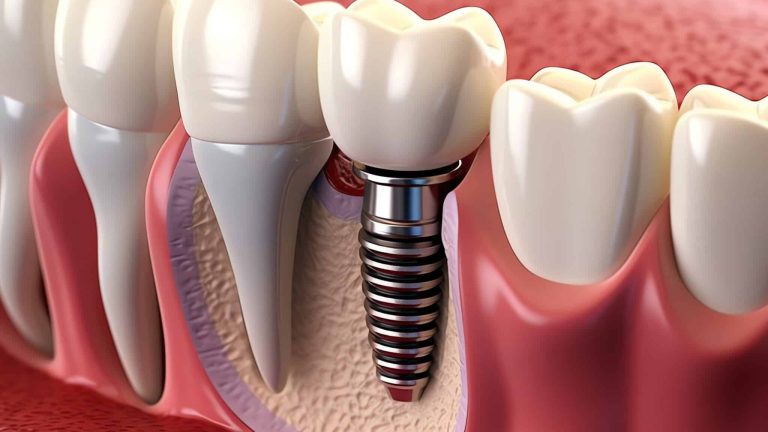Pregnancy is a stage filled with joy, anticipation, and significant changes in a woman’s body. However, during this special phase, many women are unaware of the importance of maintaining optimal oral health. The hormonal fluctuations that occur during pregnancy can affect not only the body in general but also dental health, leading to various oral conditions. This article focuses on providing practical and useful tips for expecting mothers who seek to maintain their dental health during this crucial time.
Hormonal Changes and Their Impact on Dental Health
During pregnancy, a woman’s body experiences an increase in hormones such as estrogen and progesterone. These hormonal changes affect the gums and periodontal tissue, increasing the risk of developing oral diseases. One of the most common issues is pregnancy gingivitis, a condition where the gums become inflamed, red, and may bleed when brushing or flossing.
Another important aspect is that, due to hormonal changes, pregnant women may also be more susceptible to periodontal infections, which, if not treated in time, can progress to periodontitis, a disease that affects the supporting tissues of the teeth and, in severe cases, can lead to tooth loss.
Key Tips for Maintaining Optimal Oral Health During Pregnancy
Here are some key recommendations for expectant mothers to maintain good dental health during pregnancy:
1. Visit the Dentist Regularly
Many women believe that dental visits should be avoided during pregnancy, but this is a myth. In fact, it is recommended to attend a dental check-up, especially in the first trimester. During these visits, the dentist can monitor oral health, perform professional cleanings, and treat any issues before they worsen.
It is important to inform the dentist about the pregnancy so they can adjust the treatment and take extra precautions. Some dental procedures, such as X-rays, should be postponed unless absolutely necessary, but most treatments, such as cleanings and check-ups, are completely safe.
2. Maintain Proper Oral Hygiene
The foundation of good oral health is always maintaining an adequate dental hygiene routine. During pregnancy, this is even more important. Here are some practical tips:
- Regular brushing: Brush your teeth at least twice a day with a soft-bristled toothbrush and fluoride toothpaste. This helps remove plaque that can cause gingivitis.
- Flossing: Don’t forget to floss daily to remove food particles and plaque between your teeth, where the brush can’t reach.
- Alcohol-free mouthwash: An alcohol-free mouthwash can be a good complement to keep your gums healthy and prevent inflammation.
3. Manage Morning Sickness and Acid Reflux
Many pregnant women experience morning sickness, which can lead to frequent vomiting. The stomach acid that returns to the mouth can erode tooth enamel, weakening teeth and making them more prone to cavities. To minimize this damage, consider the following:
- Don’t brush your teeth immediately after vomiting: While it may be tempting, brushing your teeth right away can increase enamel damage. Instead, rinse your mouth with water or a mixture of water and baking soda to neutralize the acid.
- Brush after 30 minutes: After waiting at least 30 minutes, brush your teeth to remove any residue and protect the enamel.
4. Maintain a Balanced Diet
Diet plays a fundamental role in oral health, especially during pregnancy. Eating a balanced diet rich in calcium, phosphorus, and vitamins is essential for the baby’s tooth formation and for keeping your teeth and gums healthy.
- Calcium and Vitamin D: These nutrients are essential for the development of both the baby’s and the mother’s teeth and bones. Consuming dairy products, leafy green vegetables, and nuts can help you get enough calcium.
- Avoid refined sugars: Foods high in sugar, like sweets and sugary drinks, can contribute to tooth decay. If you have cravings, opt for fresh fruits or healthy snacks.
5. Be Mindful of Bleeding Gums
It’s common for pregnant women to experience bleeding gums due to pregnancy gingivitis. If you notice your gums bleeding, don’t ignore this symptom. While it may seem minor, it could be a sign of a more serious infection that requires dental attention.
Use a soft-bristled toothbrush and make sure to clean the areas around the gumline, where plaque tends to accumulate. If the problem persists, consult your dentist.
Common Myths About Dental Health During Pregnancy
Over time, several myths have emerged regarding dental care during pregnancy. Here we clarify some of the most common:
- “You shouldn’t go to the dentist during pregnancy”: As mentioned earlier, this is completely false. In fact, keeping your dental appointments is crucial to avoid oral issues during pregnancy.
- “You lose a tooth for every pregnancy”: This myth comes from the belief that the baby absorbs all the mother’s calcium. While pregnancy increases the demand for nutrients like calcium, maintaining a proper diet and caring for your oral health can prevent tooth loss.
- “Dental X-rays are dangerous”: While X-rays should be avoided during pregnancy if possible, they may be necessary in some cases. In these situations, the dentist will use an abdominal shield to minimize radiation exposure.
Oral Health Complications During Pregnancy
Untreated dental conditions during pregnancy can have more serious consequences than one might think. Some research has shown a possible link between untreated oral infections and pregnancy complications, such as preterm birth or low birth weight.
Periodontal Disease and Preterm Birth
Advanced periodontal disease has been linked to a higher risk of preterm birth and low birth weight. The bacteria that cause gum disease can enter the bloodstream and affect the fetus. For this reason, it is essential to maintain proper oral hygiene and schedule regular dental visits.
Preparing for Birth: Postpartum Dental Care
After the baby is born, maintaining good oral health is equally important. The time between the baby’s arrival and the new responsibilities can cause many mothers to neglect their dental hygiene. However, keeping a regular routine is essential to prevent long-term dental problems.
Dental Care While Breastfeeding
Breastfeeding can also affect the mother’s oral health, as hormonal changes and increased nutrient demand can occur during this period. Make sure to consume enough calcium and continue your dental check-ups.
Conclusion: Taking Care of Your Smile and Your Baby’s
Maintaining good dental health during pregnancy benefits not only the mother but also the developing baby. By following these tips and maintaining open communication with your dentist, you can ensure that both your smile and your oral health remain in optimal condition during this exciting time in your life.
At Clínicas La Guardia, we are committed to providing you with the best dental care at every stage of your life, including pregnancy. If you have any questions about how to care for your oral health during this stage, don’t hesitate to schedule an appointment with our specialists, who will be happy to provide the care you need. Your smile and your baby’s deserve it!



